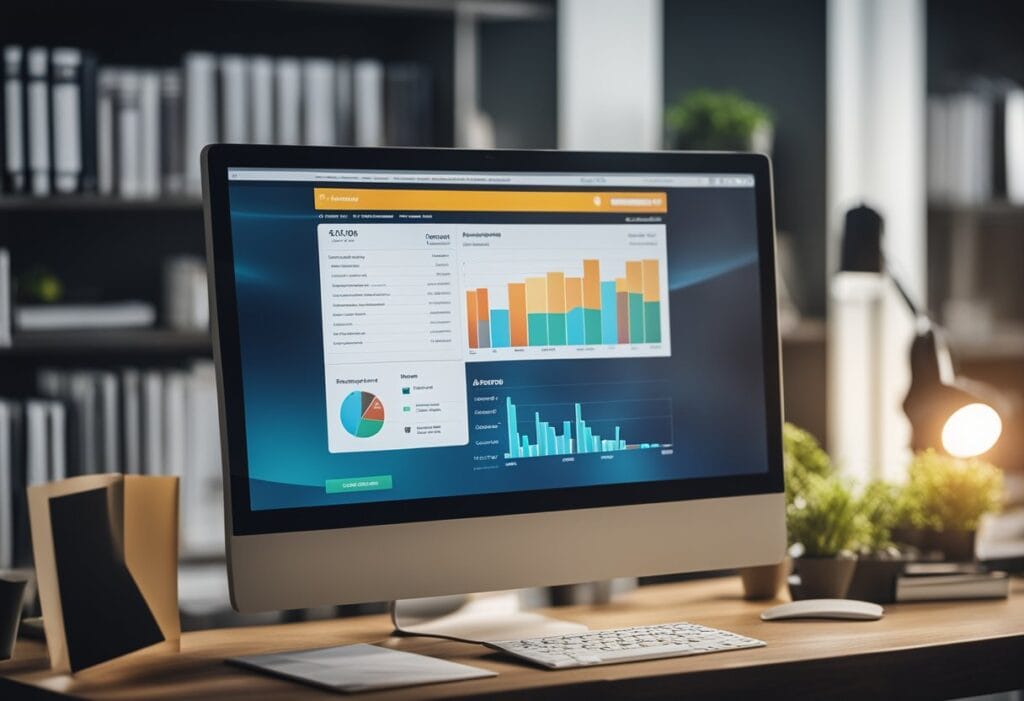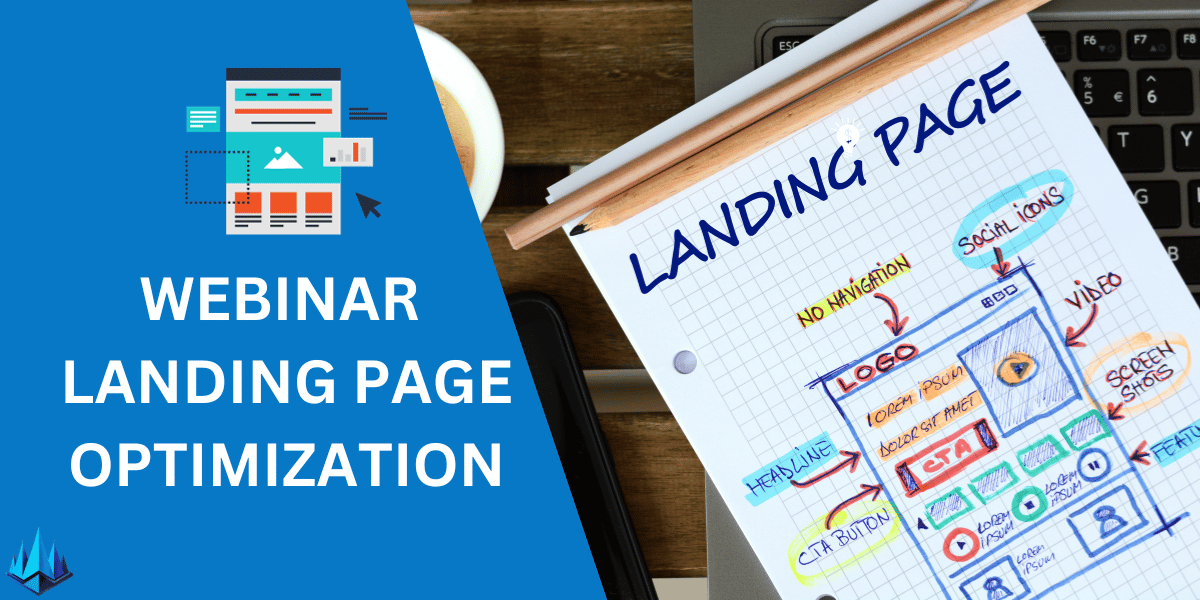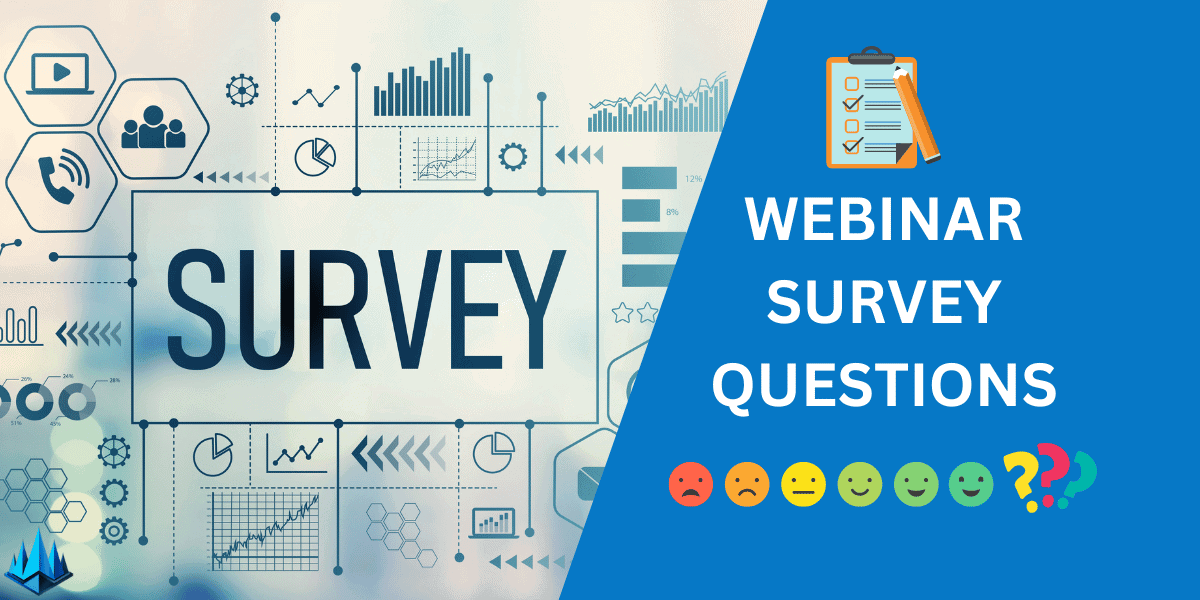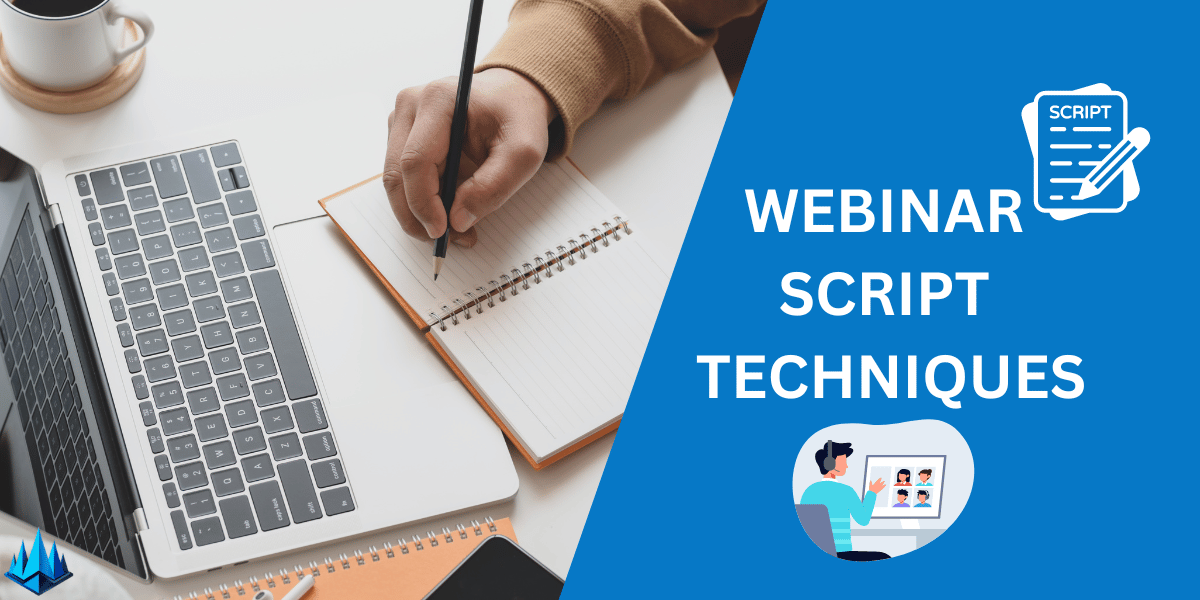Are you a small business owner or a freelancer looking for reliable accounting software? Look no further than SaaS accounting software. SaaS accounting software is a cloud-based solution that offers many features to help you manage your finances. From invoicing and payment processing to expense tracking and payroll, SaaS accounting software has got you covered. In this article, we will explore some of the best SaaS accounting software options available in the market today.
Understanding SaaS Accounting Software
SaaS accounting software is a cloud-based solution that allows you to manage your finances from anywhere with an internet connection. It eliminates the need for expensive hardware and software installations, and you can access your data in real time. With SaaS accounting software, you can automate many of your financial tasks, freeing time to focus on other aspects of your business.
Popular SaaS Accounting Software Options
There are several SaaS accounting software options available in the market today, each with its own unique features and pricing plans. Some of the most popular options include QuickBooks Online, Xero, FreshBooks, and Zoho Books. Each option has its strengths and weaknesses, and it is important to choose the one that best suits your business needs.
Key Takeaways
- SaaS accounting software is a cloud-based solution that offers many features to help you manage your finances.
- Popular SaaS accounting software options include QuickBooks Online, Xero, FreshBooks, and Zoho Books.
- Choose the one that best suits your business needs based on features, pricing plans, and ease of use.
Understanding SaaS Accounting Software
If you are running a Software-as-a-Service (SaaS) business, you must keep track of your financials. This is where accounting software comes in. Accounting software designed for SaaS companies can help you manage your finances more efficiently and accurately.
SaaS accounting software is cloud-based accounting software that is specifically designed for SaaS companies. It allows you to manage your financials from anywhere, anytime, as long as you have an internet connection.
With SaaS accounting software, you can easily track your revenue, expenses, and cash flow. You can also generate financial reports, such as profit and loss statements, balance sheets, and cash flow statements, which can help you make informed business decisions.
One of the main advantages of using SaaS accounting software is that it automates many manual accounting tasks, such as data entry and bank reconciliation. This can save you a lot of time and reduce the risk of errors.
When choosing SaaS accounting software, you should consider factors such as ease of use, features, integrations, and pricing. Some of the best SaaS accounting software solutions include QuickBooks Online, FreshBooks, SaaSOptics, and Xero.
Overall, SaaS accounting software can help you manage your finances more efficiently and accurately, which can be crucial for the success of your SaaS business.
Popular SaaS Accounting Software Options
If you’re running a SaaS company, choosing the right accounting software is essential for your business. Here are some popular SaaS accounting software options to consider:
QuickBooks Online
QuickBooks Online is one of the most popular accounting software options for SaaS companies. It’s scalable, easy to use, and offers a range of features that can help you manage your finances more efficiently. With a simple start, you can manage your income and expenses, create and send invoices, and track your sales tax.
FreshBooks
FreshBooks is another popular accounting software for SaaS companies. It’s designed for small businesses and freelancers and offers a range of features, including time tracking, invoicing, and expense management. You can also try FreshBooks for free for 30 days.
Xero
Xero is an accounting software that offers a range of features, including invoicing, expense tracking, and payroll. It’s designed for small businesses and can help you manage your finances more efficiently. You can also try Xero for free for 30 days.
Sage Intacct
Sage Intacct is a cloud-based accounting software designed for midsize and enterprise SaaS companies. It offers a range of features, including financial management, revenue recognition, and project accounting. Sage Intacct is also known for its excellent customer support.
Wave Accounting
Wave Accounting is a free accounting software that offers a range of features, including invoicing, expense tracking, and payroll. It’s designed for small businesses and can help you manage your finances more efficiently. Wave Accounting is an excellent option if you’re looking for free accounting software.
Zoho Books
Zoho Books is an accounting software that offers a range of features, including invoicing, expense tracking, and project management. It’s designed for small businesses and can help you manage your finances more efficiently. Zoho Books also offers a range of integrations with other software, including CRM and inventory management.
Oracle NetSuite
Oracle NetSuite is a cloud-based accounting software designed for midsize and enterprise SaaS companies. It offers a range of features, including financial management, revenue recognition, and project accounting. Oracle NetSuite is known for its excellent customer support and can help you manage your finances more efficiently.
Maxio
Maxio is an accounting software that’s designed for subscription management. It offers a range of features, including invoicing, revenue recognition, and customer management. Maximo can help you manage your subscriptions more efficiently and can help you grow your business.
In conclusion, choosing the right accounting software is essential for your SaaS company. Consider the features, pricing, and customer support when choosing the right software for your business.
Key Features of SaaS Accounting Software
When it comes to choosing the right accounting software solution for your SaaS business, there are a few key features that you should look for. Here are some of the most important features to consider:
Automation and Integration
One of the biggest advantages of using SaaS accounting software is its advanced automation and integration capabilities. With customizable workflows and integrations with other business tools, you can streamline your accounting processes and save time on manual tasks like bank reconciliation and tracking.
Invoicing and Payment Processing
Invoicing and payment processing are essential features of any accounting software, and SaaS accounting software is no exception. Look for a solution that offers easy-to-use invoicing tools, as well as payment processing capabilities that support a variety of payment methods and currencies.
Expense Tracking and Reporting
Another important feature to consider is expense tracking and reporting. With built-in expense tracking tools, you can easily keep track of all your business expenses and generate financial reports that provide insights into your spending habits and financial health.
Subscription Management and Revenue Recognition
SaaS businesses rely heavily on subscriptions for recurring revenue, so it’s important to choose a software solution that offers robust subscription management and revenue recognition capabilities. Look for a solution that supports monthly recurring revenue (MRR) tracking and revenue recognition standards like ASC 606 and IFRS 15.
Forecasting and Budgeting
To stay on top of your finances and plan for the future, it’s important to have forecasting and budgeting tools at your disposal. Look for a solution that offers cash flow forecasting, revenue forecasting, and budgeting capabilities to help you make informed financial decisions.
Compliance and Scalability
Finally, it’s important to choose a solution that is compliant with relevant tax laws and regulations, like VAT and GST. Additionally, look for a solution that is scalable and can grow with your business as you expand and add new users.
In summary, when choosing a SaaS accounting software solution, look for features like automation, invoicing and payment processing, expense tracking and reporting, subscription management and revenue recognition, forecasting and budgeting, and compliance and scalability to help streamline your accounting processes and keep your finances in order.
Cost Considerations and ROI
When it comes to choosing the best accounting software for your SaaS business, cost considerations are a crucial aspect. You want to ensure your chosen software fits your budget and provides a good return on investment (ROI).
Most accounting software for SaaS businesses operates on a subscription-based model, which means you pay a monthly or annual fee to use the software. Some software may also offer a free trial period, so you can test out the software before committing to a subscription.
When comparing pricing plans, consider the features included in each plan. Some software may offer basic features in their lower-priced plans, while more advanced features may only be available in higher-priced plans. Make sure to choose a plan with the features you need for your business.
Another cost consideration is the cost of implementation and training. Some software may require additional fees for implementation or training, while others may offer these services for free. Be sure to factor in these costs when comparing pricing plans.
ROI is another important factor to consider when choosing accounting software. The right software can help streamline your business operations, save time, and reduce errors. This can lead to increased productivity and profitability for your business.
Consider the time and cost savings that the software can provide when calculating ROI. Look for software that offers automation features, such as automatic bank feeds and invoicing, to help save time and reduce errors.
Overall, when choosing accounting software for your SaaS business, it’s important to consider both cost and ROI. Look for software that fits within your budget but also provides the features and functionality you need to help your business grow and succeed.
Choosing the Best SaaS Accounting Software
When it comes to choosing the right SaaS accounting software for your business, there are a few key factors to consider. With so many options available, it can be overwhelming to determine which platform is the best fit for your needs. Here are some important things to keep in mind as you evaluate different software options:
Company and User-Friendly
One of the most important factors to consider is the company behind the software. You want to choose a platform that is backed by a reputable company with a strong track record of delivering reliable, user-friendly software. Additionally, the software should be intuitive and user-friendly, with a clean, modern interface that is easy to navigate.
Multi-Business Support
If you run multiple businesses or have multiple entities to manage, it’s important to choose a platform that can support all of your needs. Look for software that offers multi-business support to manage your entities from a single dashboard.
Customer Support
When dealing with financial data, it’s important to have access to reliable customer support in case of issues. Look for software that offers robust customer support options, including phone, email, and chat support.
Financial Visibility
One of the main benefits of using SaaS accounting software is the ability to gain real-time visibility into your financials. Look for software that offers robust reporting and analytics tools to track your income, expenses, and cash flow easily.
Advisors
If you work with an accountant or financial advisor, it’s important to choose a software platform that integrates with their tools and workflows. Look for software that offers integrations with popular accounting and financial tools to share data with your advisors easily.
Platforms
Finally, consider the platforms and devices you use to manage your business. Look for software that is compatible with your existing tools and devices, whether you’re using a PC, Mac, or mobile device.
By considering these factors and evaluating different software options, you can choose the right SaaS accounting software for your business and gain greater financial visibility and control.
Final Thoughts

Choosing the right accounting software for your SaaS business is critical to ensure you can manage your finances effectively. We hope that this article has helped you identify the best options available on the market.
When selecting an accounting software solution, it’s important to consider factors such as data management, transactions, bank accounts, inventory, financial data, double-entry accounting, contracts, cash flow management, credit cards, setup, metrics, point solutions, ERP, Excel, mobile app, software solutions, Stripe, accounts payable, and cross-sells.
Make sure to choose software that can handle your specific business needs and scale with your growth. Look for solutions that offer automation, integration with other tools, and reporting capabilities.
It’s also important to consider the cost of the software and any additional fees for features such as payroll or tax preparation.
Ultimately, the best accounting software for your SaaS business will depend on your unique needs and preferences. We recommend testing out a few options before making a final decision.
Remember that managing your finances is crucial to the success of your business, and investing in the right accounting software can make a significant difference in your bottom line.
Frequently Asked Questions
What are some popular accounting software options for SaaS companies?
There are several popular accounting software options for SaaS companies, including QuickBooks Online, FreshBooks, Maxio, and SaaSOptics. Each of these options offers unique features and benefits that can help streamline your accounting processes and improve your financial management.
How does FreshBooks compare to other SaaS accounting software?
FreshBooks is a popular choice for SaaS companies due to its ease of use and comprehensive features. Compared to other SaaS accounting software options, FreshBooks offers native recurring payments and invoicing, as well as monthly income and expense tracking. It’s an excellent transition software from spreadsheet-based bookkeeping to a more comprehensive and easy-to-use system.
What features should I look for in SaaS accounting software?
When choosing SaaS accounting software, there are several features you should look for, including automated invoicing and billing, expense tracking, financial reporting, and integration with other business software tools. Additionally, it’s important to consider the scalability and customization options of the software, as well as its pricing and customer support.
What are the benefits of using a SaaS accounting system?
Using a SaaS accounting system offers several benefits, including improved accuracy and efficiency in financial management, streamlined invoicing and billing processes, and real-time financial reporting and analysis. Additionally, using a SaaS accounting system can help reduce the risk of errors and fraud, and provide greater visibility and control over your financial data.
Can QuickBooks be customized for SaaS companies?
Yes, QuickBooks can be customized for SaaS companies through the use of add-ons and integrations with other software tools. QuickBooks also offers a range of features specifically designed for SaaS companies, including revenue recognition and subscription management tools.
Which SaaS accounting software is best for small businesses?
The best SaaS accounting software for small businesses depends on your specific needs and budget. QuickBooks Online and FreshBooks are both popular options for small businesses due to their ease of use, comprehensive features, and affordable pricing. Maxio and SaaSOptics are also worth considering for their advanced financial reporting and revenue recognition tools.











